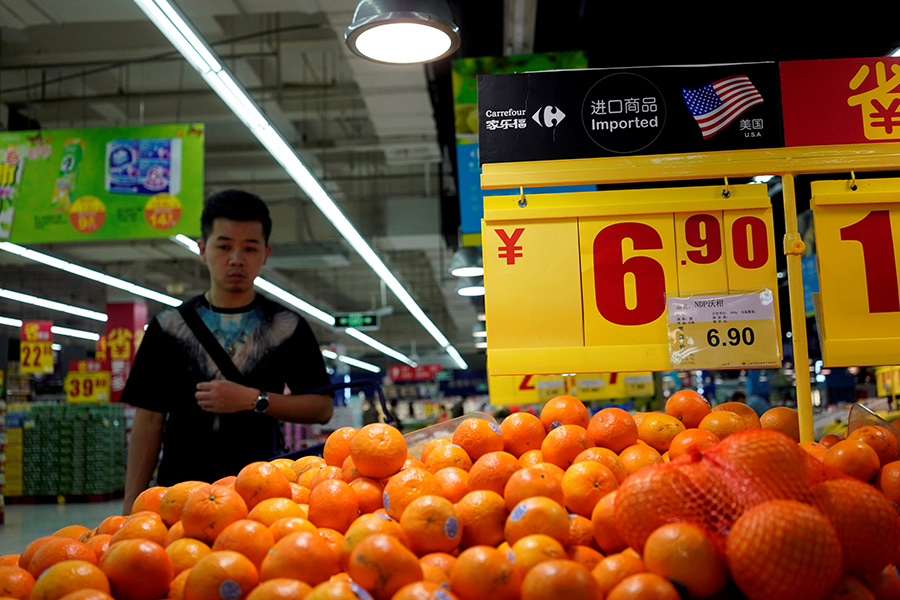Experts urge economic diversification


Trade experts urged China to further diversify market channels in other parts of the world, in particular the European Union, Japan, Canada, India and Russia which are currently hurt by the United States' aggressive trade policies, in order to retain robust growth.
Their remarks came after the Trump administration began to levy punitive tariffs on $34 billion of Chinese imports on Friday. China then retaliated by imposing tariffs on the same amount to defend its core interests, global value chain and the multilateral trade system.
As China is deepening its opening-up policies and building an advanced business environment via fast-growing service sectors, enhanced protection of intellectual property rights and foreign investment, the operation of US companies will be affected by policymakers in Washington, said Wei Jianguo, former vice-minister of commerce.
He warned that many US companies would lose their market share in the country's newly opened sectors such as high-tech manufacturing, banking, insurance, healthcare, medicine and new materials, if the bilateral trade tension continues to escalate.
The Trump administration hasn't cultivated a business environment deemed by its major trading partners as reasonable and predictable. Instead, it is putting up trade barriers, restricting foreign investment and alienating its major trading partners and traditional allies, said Chen Wenling, chief economist at the China Center for International Economic Exchanges.
"I also feel that the US business community has no idea about what the Trump administration wants," she added. "The false passion of the US government is tarnishing the credibility and international image of the world's biggest economy. It will be another pricey mistake that the US has to deal with."
David Dollar, senior fellow of the John L. Thornton China Center at the Brookings Institution, agreed. He said the tariffs will reduce US imports but also cut the same amount of US exports, so the trade imbalance probably will remain about the same or may widen.
"Protectionism will be bad for the US economy, but it will take some time for this effect to become evident," said the former World Bank country director for China.
Douglas H. Paal, vice-president of the Asia Program at the Carnegie Endowment for International Peace, said the short-term impact of imposing tariffs will be a "souring of relations".
In the longer term, as trade deficits are driven by macroeconomic trends and not trade measures, the US will run a huge global trade deficit based on high spending and revenue cuts, Paal said.
He emphasized that Trump cares about voter reaction, not trade results. "He is not negotiating with China, he is negotiating with angry citizens who feel betrayed by past trade agreements," Paal added.




































